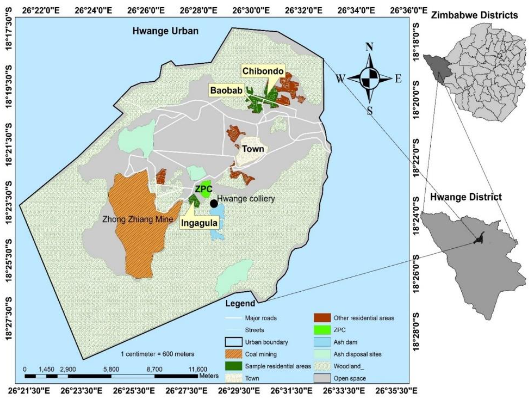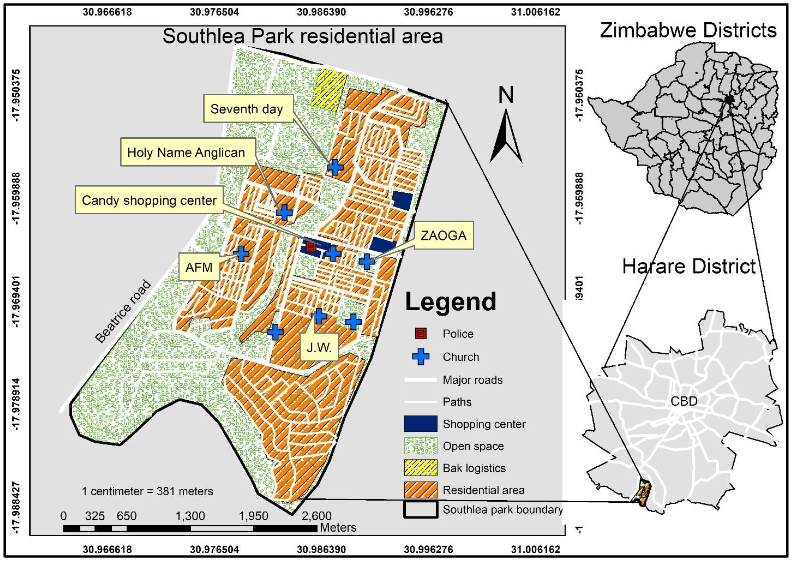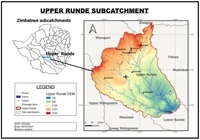Evaluation of sustainable finance implementation in emerging markets
Abstract
This paper provides a comprehensive review of the initiative and commitment of an emerging market, Indonesia, in implementing sustainable finance to achieve a low-carbon economy and sustainable development goals (SDGs). It explores trajectories, challenges, and opportunities of sustainable finance as well as recommendations for related stakeholders for the development of sustainable finance in Indonesia. Many believed that implementation of sustainable finance, which considered multiple aspects of economic, social, and environmental risks and returns, would enable finance companies to maximize their role as a catalyst for the creation of environmentally friendly investment and a fair economic social system to achieve sustainable development goals (SDGs) more effectively. Specifically, green finance implementation as an important element of sustainable finance would create acceleration in financing for environmental preservation and climate change adaptation. Data used for evaluation is derived from selected ten financial services companies’ members of the Indonesia Sustainable Finance Initiative (ISFI) in the 2019–2022 period. It shows that despite the continuous growth in the amount of loan allocated to sustainable and green business activities, considering their loan capacity, the Indonesian financial services sector has done too little in sustainable finance, which in fact is dominated by microfinance, and very little in green finance. Regulators urgently need to formulate proper policies and incentives as well as to develop a favourable ecosystem together with related stakeholders to expedite the establishment of a well-developed and sophisticated sustainable and green finance system in Indonesia.
References
[1]World Commission on Environment and Development. Our Common Future. Oxford University Press; 1987.
[2]Kashi A, Shah ME. Bibliometric Review on Sustainable Finance. Sustainability. 2023; 15(9): 7119. doi: 10.3390/su15097119
[3]Setyowati AB. Governing sustainable finance: insights from Indonesia. Climate Policy. 2020; 23(1): 108-121. doi: 10.1080/14693062.2020.1858741
[4]Financial Services Authority of Indonesia. Roadmap for Sustainable Finance in Indonesia 2015-2019. Financial Services Authority of Indonesia; 2015.
[5]Edmans A, Kacperczyk M. Sustainable Finance. Review of Finance. 2022; 26(6): 1309-1313. doi: 10.1093/rof/rfac069
[6]Walker T, Kibsey SD, Crichton R, et al. Designing a Sustainable Financial System—Development Goals and Socio-Ecological Responsibility. Palgrave Macmillan; 2018.
[7]Ridho TK. Sustainable Finance Implementation in Emerging Markets: Development and Challenges in Indonesia. In: Journal on GEEF—Global Engagement & Empowerment Forum Report. Yonsei University Press; 2019. pp. 135-136.
[8]Setiawan S, Ismalina P, Nurhidajat R, et al. Green finance in Indonesia’s low carbon sustainable development. International Journal of Energy Economics and Policy. 2021; 11(5): 191-203. doi: 10.32479/ijeep.11447
[9]United Nations. UN Environment Inquiry: Design of a Sustainable Financial System. Making Waves—Aligning Financial System with Sustainable Development. United Nations; 2018.
[10]Ridho TK. CSR in Indonesia: Company’s Perception and Implementation. Journal on Global Socio-Economic Dynamics—EURASEANs. 2017; 3(4): 68-75.
[11]Financial Services Authority of Indonesia. Indonesia Green Taxonomy. Edition 1.0. Financial Services Authority of Indonesia; 2022.
[12]CNBC Indonesia. These are the Top 10 Banks with the Largest Assets in RI (Indonesian). Available online: https://www.cnbcindonesia.com/market/20230310092808-17-420529/ini-dia-top-10-bank-dengan-aset-terbesar-di-ri (accessed on 1 December 2023).
[13]Cooper DR, Schindler PS. Business Research Method, 9 ed. McGraw-Hill Irwin; 2006.
[14]BNI. Pioneer Green Banking, BNI Encourages Sustainable Business (Indonesian). Available online: https://www.bni.co.id/id-id/beranda/kabar-bni/berita/articleid/21850 (accessed on 1 December 2023).
Copyright (c) 2024 Taridi K. Ridho, Mikhail V. Vinichenko

This work is licensed under a Creative Commons Attribution 4.0 International License.
Authors contributing to this journal agree to publish their articles under the Creative Commons Attribution 4.0 International License, allowing third parties to share their work (copy, distribute, transmit) and to adapt it for any purpose, even commercially, under the condition that the authors are given credit. With this license, authors hold the copyright.










